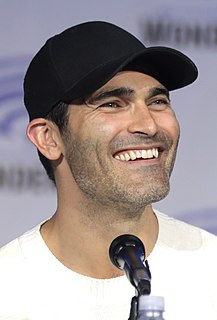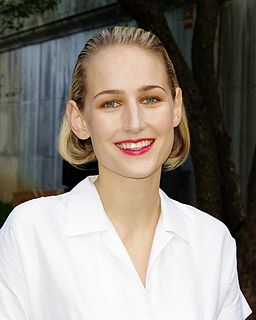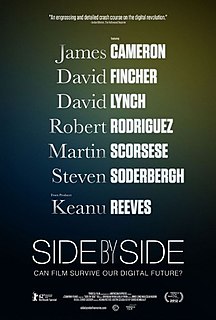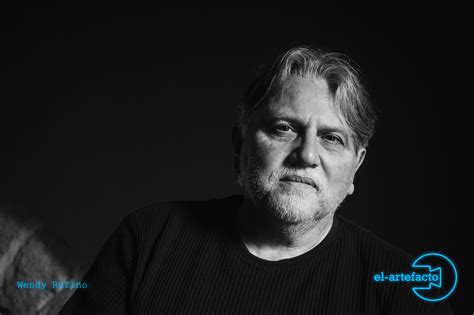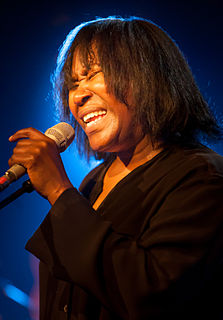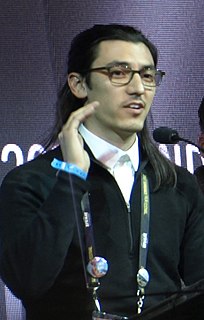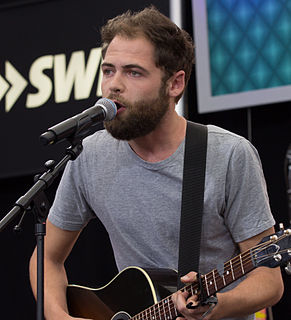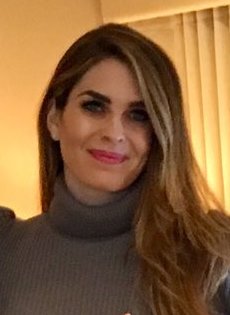A Quote by Tyler Hoechlin
I honestly think the impulse is to grab something and capture it, and not capture a moment that you want to remember, but just capture an image that you want other people to see right away. It's about how someone is going to "like" this and it's no longer an experience. It's just this constant sharing of images. I personally don't like that very much.
Related Quotes
I love to just listen and watch. I could happily watch a security camera at a store. Often during a day I'll see a guy selling pretzels or an argument that somebody's having on a stoop and I'll think, "Oh I wish I had my camera, I wish I could capture this moment." There's something about people being people and interacting that can be so beautiful when it's framed by a camera. That desire to capture people as they are, and the stubbornness to keep going when they don't necessarily want you to capture them being who they are, are key.
I remember having been with this book [Into the Forest] for a long time, and I remember the moment that she [Patricia Rozema] sent me the script and what it was like to read it for the first time. I just was so blown away by how she managed to capture the story and their relationship to each other, and the nuances of that.
To speak technically photography is the art of writing with light. But if I want to think about it more philosophically, I can say that photography is the art of writing with time. When you capture an image you capture not only a piece of space, you also capture a piece of time. So you have this piece of specific time in your square or rectangle. In that sense I find that photography has more to do with time than with light.
Working in the Arctic is definitely colder, but not necessarily harder. There were different challenges. And in many ways, Chasing Coral was even more of a struggle for me personally. And more of a struggle to capture. Glaciers right now are changing very consistently. The interesting thing that we realized with Chasing Coral was that the corals reefs. They can go from living to dead in two months. And if you're not there at the right time to capture that before and after, you just show up and it's a dead reef. So it was a challenge to be at the right place at the right time.
